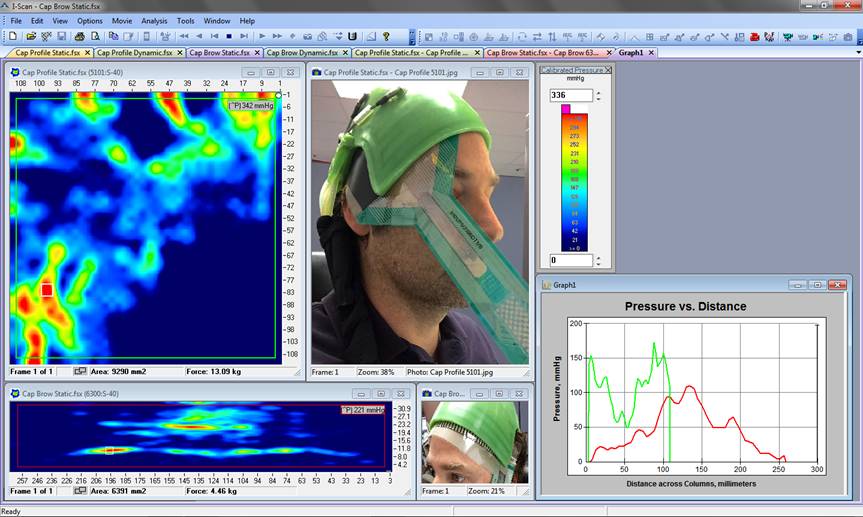A Creative Ergonomic Test to Ease Chemotherapy Treatment Challenges
It's October, the month of the year where people all over the world proudly wear pink in support of Breast Cancer Awareness. Cancer is a disease that has affected all of our lives in some way. Words cannot do justice to the long and arduous journey that the fight against cancer can be for the patient, and their friends & family.
Sometimes, the drugs and therapies used to treat cancer can make this journey even more challenging. Chemotherapy infusion treatments that target cancer cell generation can prompt debilitating side effects and unexpected changes to other parts of the body - hair growth being one of the more recognizable examples.

However, one small Sweden-based company has made it their priority to help patients stay comfortable and keep their hair while undergoing chemotherapy treatment.
The Dignicap® Intelligent Scalp Cooling System, from Dignitana, is an FDA-approved method to reduce chemotherapy-induced hair loss. The system consists of a snug-fitting silicone cooling cap connected to a control unit that continuously regulates the temperature of the patient's scalp during chemotherapy infusion. This helps reduce the negative effects that chemotherapy can have on the patient's hair cells, and also provides the patient comfort during treatment.
Recently, the Dignitana R&D team began experimenting with different cap designs and materials to help improve the comfort of their cap designs. They needed a way to quantify the amount of pressure a patient would experience while wearing cap prototypes.
They found their solution in pressure mapping technology.
Dignitana worked with Tekscan to devise a pressure mapping system to help their R&D team learn the important intricacies of how their cap designs would feel while in use. Flexible, paper-thin I-Scan™ sensors were positioned between the Dignicap and an individual's scalp, which recorded areas of peak pressure felt by the patient. This experiment helped Dignitana compare, evaluate, and ultimately develop new cap design alternatives to reduce hair loss during chemotherapy while keeping the patient comfortable.
We are proud to have assisted Dignitana in this process, and wish the company the best in noble efforts to to help ease the challenges of chemotherapy treatments.
Interested in learning more about Tekscan's role in different ergonomic testing processes? Check out this free eBook and explore.

